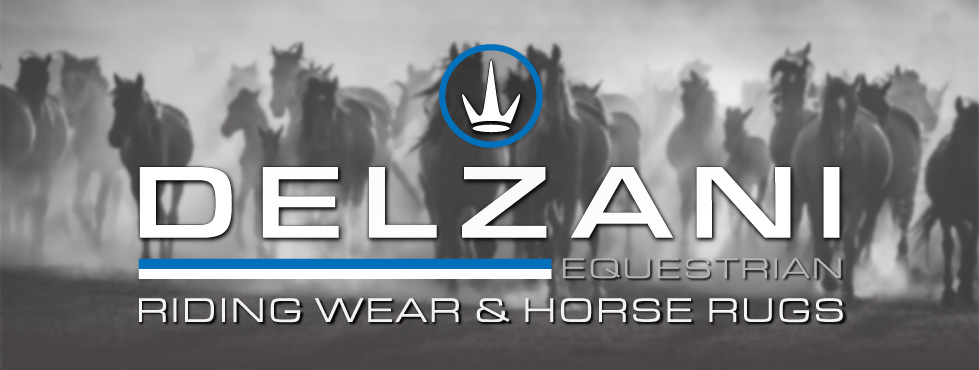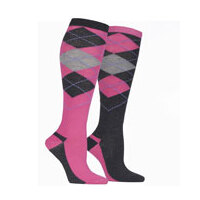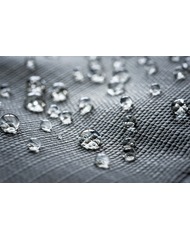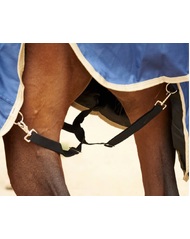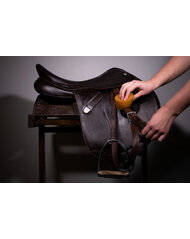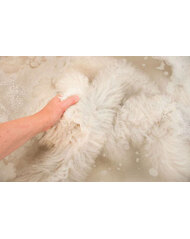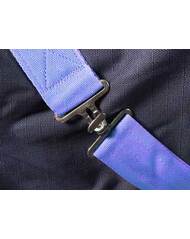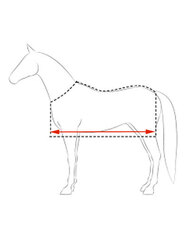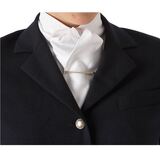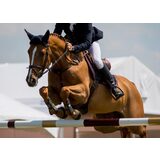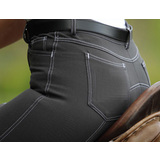Dress for Success - Dressage Dress Code
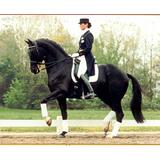
Surprisingly, regulations are not as strict as you may first have first thought when it comes to competition riding shirts and tops, allowing you to let your personality to show thru via a range of stylish colours and options.
Below we cover some of the most common dress standards that apply, taken from Section 5 of the Australian National Dressage Rules policy. (we have pulled out the sections that apply to clothing).
For the latest and most in-depth explanation, visit the Equestrian Australia website and search for their “National Dressage Rules” pdf document.
SECTION 5 - DRESS, SADDLERY AND EQUIPMENT
5.1.1 Preliminary to Advanced levels Riders competing in Preliminary to Advanced levels are required to wear:
a) white, off-white, light canary or beige jodhpurs or breeches
b) a short coat (refer to rule 5.8 for permitted colours)
c) riding boots may be long or short, black or brown may also be the same colour as the coat. (hunting tops permitted in black or brown or as same colour as the boots)
d) all riders of horses and ponies must wear an approved safety helmet in a dark colour
e) gloves (white preferred, maybe black or a dark colour to match the coat)
5.1.2 Prix St Georges to Grand Prix levels Riders competing at Prix St Georges to Grand Prix are required to wear:
a) white or off-white breeches
b) a jacket or tailcoat.
c) long boots in black or same colour as coat
d) riders 26 years and over, an approved safety helmet or optional top hat in a dark colour only (riders age is from the beginning of the calendar year they turn 26)
e) riders 25 years and under an approved safety helmet in dark colour only
f) a stock or tie in white, off-white, pale colour, same colour as coat or a shade of the coat colour, colour trim is permitted
g) gloves, white or off white preferred may be same colour as coat
5.2 Headgear and helmets In relation to helmets and other headwear:
a) any person mounted on a horse must wear an approved safety helmet with the retaining harness secured and fastened. Failure to have the harness fastened will entail elimination.
b) as an option, riders 26 years and over, riding Prix St Georges and above may wear a top hat (riders' age is from the beginning of the calendar year they turn 26)
5.7 Shirts and neckwear. In regards to wearing of shirts and stocks/ties:
a) the shirt should be tucked in. Collar and parts visible when wearing a jacket should be white or cream or a pale colour. Colours and patterns on the body and sleeves of the shirt are permitted
b) the collar must be either a ratcatcher or business-style collar – if the latter then a tie must be worn
c) the shirt may be long-sleeved, short-sleeved, capped sleeve or sleeveless
d) a waistcoat may be worn
e) stocks should be white, off white or same colour as coat, or pale colour, piping trim is permitted
5.8 Jackets and coats In regards to the colour and style of jackets and coats for competition:
a) from Preliminary to Advanced levels (informal), a jacket or coat must be short, maybe double-breasted. Cutaway coats/mini tails are permitted providing they are cut straight across the back
b) tweed short coats are acceptable
c) for Advanced and all FEI levels, a tailcoat is optional. Jackets are permitted
d) the colour of the jacket or coat should be a dark colour having a brightness value of less than 32% on the international HSV colour scale.
e) bright colours such as red, orange, pink, yellow, lime green, purple and wide contrast stripes and multi-coloured jackets and coats are not permitted
f) accents such as piping and matching colour sections on collars and/or pocket flaps of a different colour to the coat are permitted
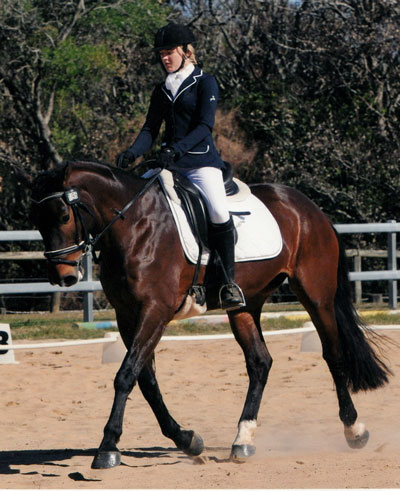
Leave a comment
Related Equestrian Guides
Choosing the perfect horse riding sock
Learn what makes the best horse riding socks for Australian riders. From fabrics to fit, cushioning and durability, this guide explains how Delzani riding socks outperform everyday socks in comfort and performance.
Understanding Denier: The Key Differences Between 600D and 1200D Turnout Rugs
Confused about 600D vs 1200D horse rugs? Learn what denier really means, how it affects toughness (not warmth or waterproofing), and when to choose Delzani’s Waratah 600D rainsheets for lighter use or Wyndham 1200D rainsheets for maximum durability.
Understanding your horse rugs waterproofing
Learn how horse rug waterproofing and breathability really work, why membranes matter more than fabric, and how to test, care for, and choose rainsheets. Explore Delzani’s 600D Waratah and 1200D Wyndham rugs, built for tough Australian conditions.
How to maintain your saddlery leather
Cleaning tack is admittedly not something we like to spend our spare time engaged in, but it is necessary nonetheless and a little knowledge can go along way to get the best life from your leather.
Wash Guide - Sheepskin
Follow our care guide to get the the best advice on washing your sheepskin numnahs and saddle pads.
Wash Guide - Horse Rugs
To get the best life from your Delzani horse rug, taking a few simple washing precautions will go along way.
How to fit & adjust horse rug belly surcingles
Belly surcingles keep horse rugs secure, but only if fitted correctly. We answer common questions on what surcingles do, why they matter, and how proper adjustment ensures comfort, safety, and longer rug life for horses in Australian conditions.
Delzani Horse Rug Sizing Guide
We have put together this comprehensive guide to help you purchase the ideal size Delzani horse rug.
Equestrian Breeches & Tights - Washing Guide
Care for your breeches the way you care for your horse — with precision, patience, and pride. The right wash routine keeps your Delzani riding tights and breeches performing beautifully, ride after ride.
How to tie a Dressage Stock tie
Need help with your Dressage Stock Tie? Try our easy 6 steps to have you knotting a perfect Dressage Stock in no time!
Dress for Success - Showjumping Dress Code
Understanding exactly what is and isn’t permitted in regard to dress standards for Showjumping competitors can be very helpful when putting your competition wardrobe together.
The Ultimate Guide to Equestrian Breeches & Jodhpurs: Classic Fit vs Stretch Fit Explained
At Delzani - we pride ourselves on the careful in house selection and development of our premium breech and tights fabric blends. Each fabric has been researched and custom made to meet our requirements and the needs of Australian equestrian riders.
Riding Shirts - Washing & Care Guide
Delzani equestrian shirts are made to be worn, not worshiped. Throw horses into the mix and this means they get dirty. However, with proper care, your new equestrian show shirt can last for several years and continue to look great.
A guide to seat grips on our Breeches & Tights
It is interesting to learn how silicone is applied to breeches. Silicone is applied much like screen printing and there can be anywhere from 3 to 10 layers - building up the silicone. The number of layers affects the long-term quality.

